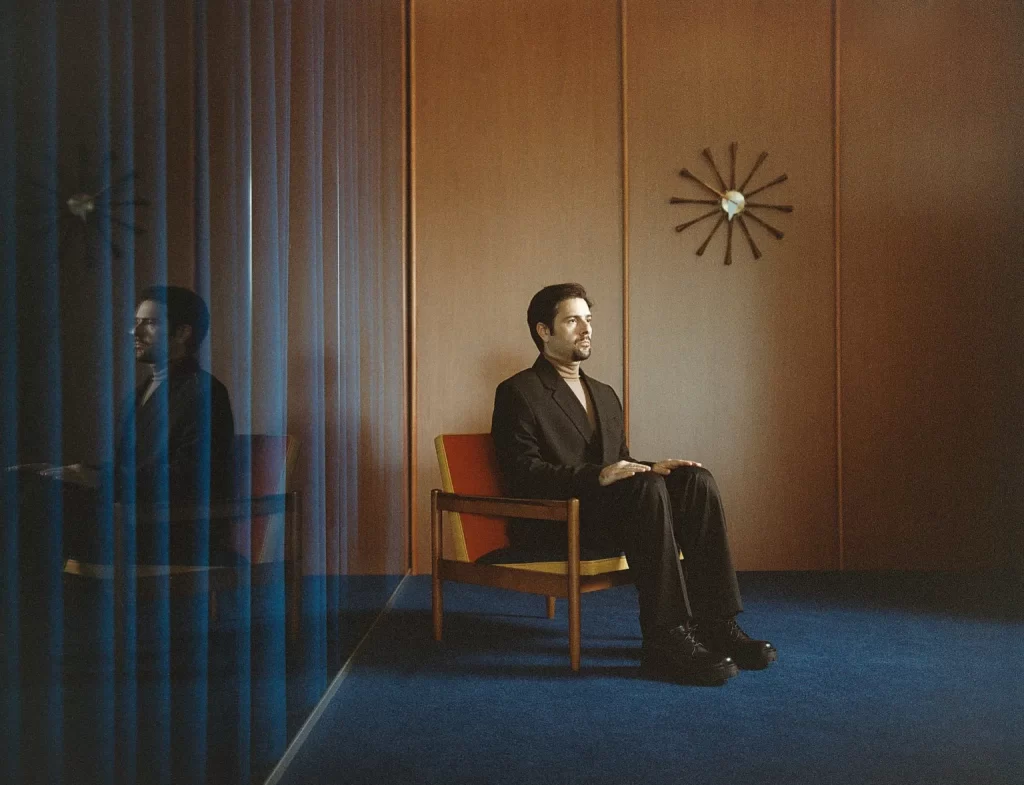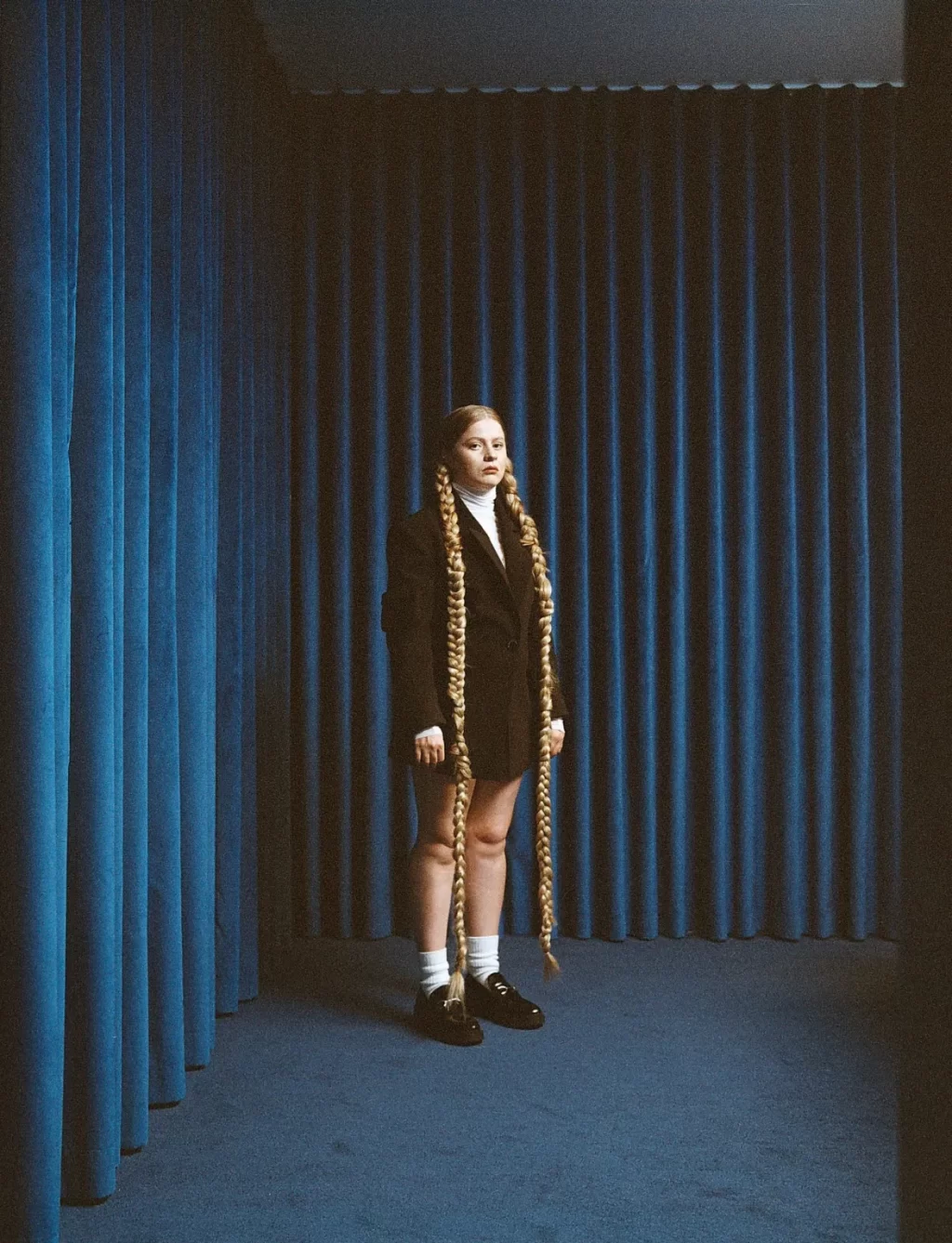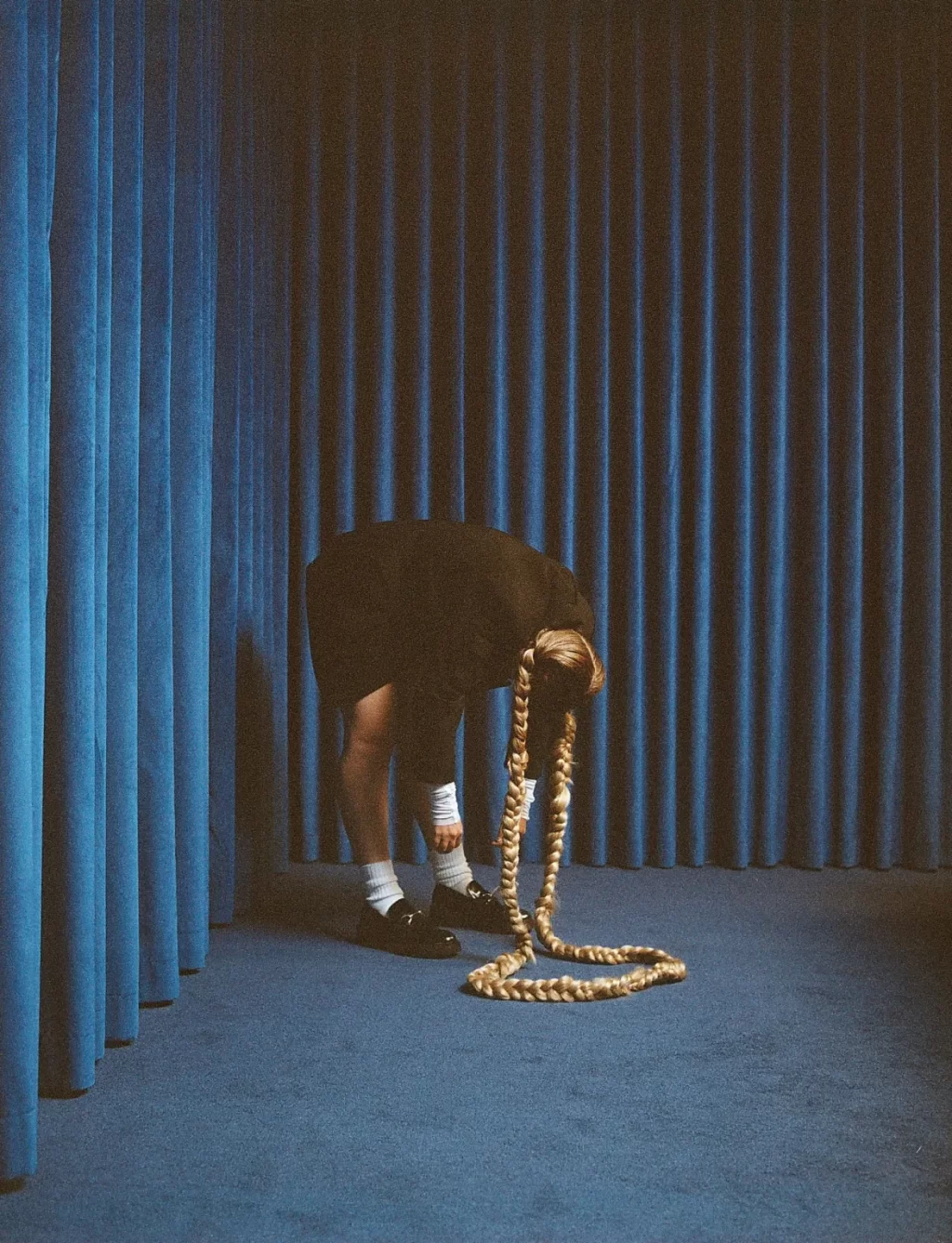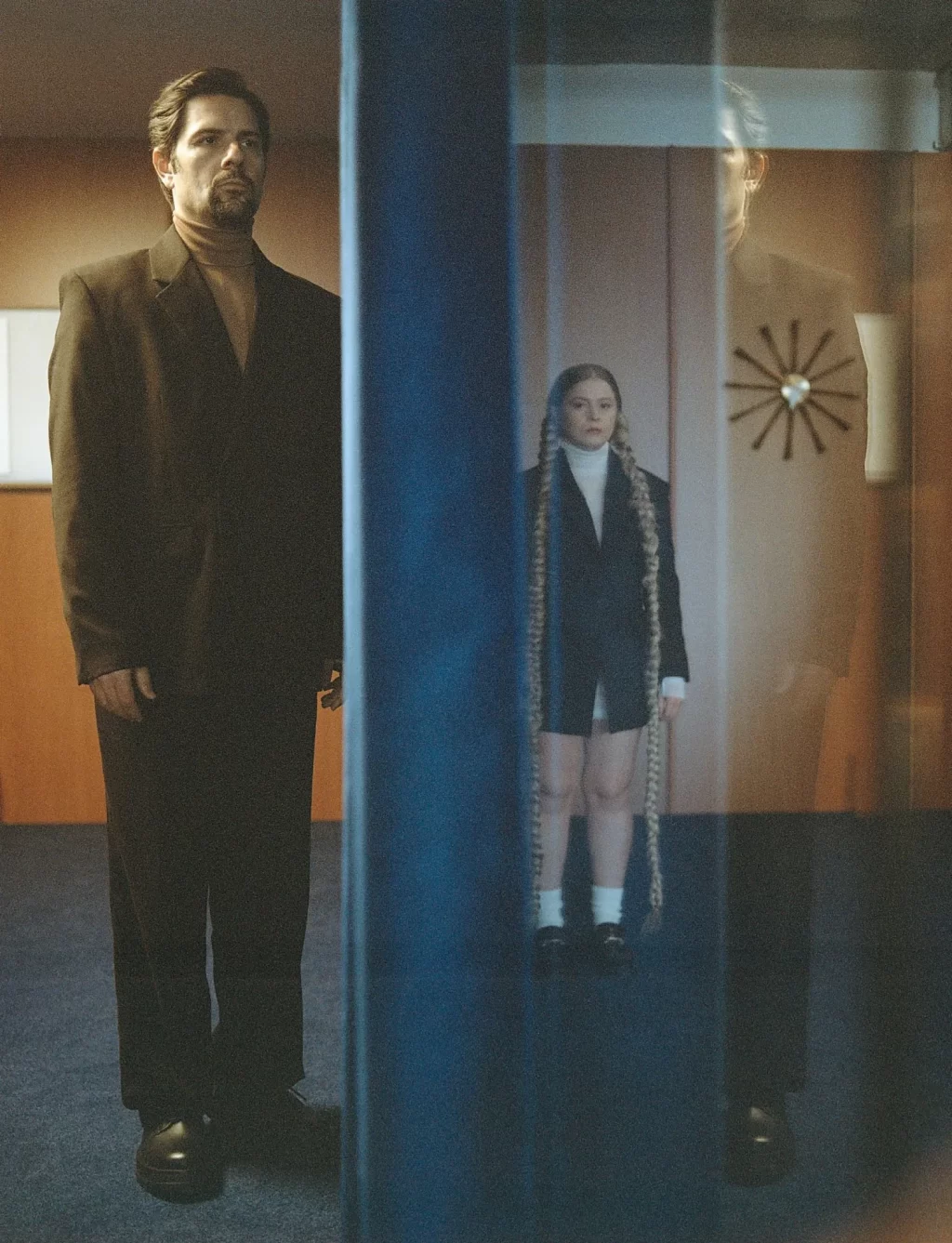A Play That Discusses Power and The Ways Of Using It: Sınırlar
American playwright David Mamet’s favored text Oleanna is adapted under the name “Sınırlar”. The play is produced by Versus Tiyatro and 484 Urban Garden while Kenan Ece and Ecem Uzun are performing as the key protagonists. As Ecrin visits her teacher Can’s room to object to her exam grades, a duel where nothing will remain the same for either of them begins, and the course of events gradually becomes more and more interesting. Being sure that the play will present a lot of discussion material to its audiences, we asked the director Kayhan Berkin, along with actors Kenan Ece and Ecem Uzun about the curious details.
Why and how did you come up with the idea of adapting ‘Sınırlar’ and putting it on stage this season?
Kayhan Berkin: Oleanna – or ‘Sınırlar’, in our version on stage – was a play I wanted to put on stage for a long time; I’ve always considered the texts that don’t provide answers, those that ask questions and seek answers instead, and involve the audience to this process more interesting. Power and the ways of using power is an issue on my agenda. And ‘Sınırlar’ is one of the best texts written on this subject. I have made adaptations of novels and movies before, but I never localized them. ‘Sınırlar’ allowed that and I can say that it helped me improve my adaptation skills.
Why did you choose the name “’Sınırlar’” in particular?
K.B: The name Oleanna means nothing to our audience, so we were required to choose a new name, which needed to suit both our adaptation and the original text. The play we stage deals with many issues as well as boundaries – the boundaries of the room where the student and the teacher are stuck in throughout the play, the positionings in the room, the distance between the bodies that move towards and away, the adjustments of these distances in the shadow of hierarchy, the way the words are used and even the boundaries of the tone of voice that is used while uttering those words are among the play’s issues. We can say that the play is a border war where power balance shifts constantly.
What were the things you particularly paid attention to when staging this “duel”?
K.B: While trying to understand each character both during adaptation and performance, we also strived to make it meaningful for today’s Turkish audience as a team.
Did you pick a side unintentionally as a director?
K.B: I’d like to believe that I didn’t.

Have you questioned the boundaries in your life during this process?
K.B: One of the greatest benefits of any play rehearsal is that this process allows the director to review the issues the play deals with in detail. During this inspection, you necessarily have the opportunity to review your life experiences on that subject. Every play I’ve directed changed me at least a little.
There’s no listening and understanding one another completely throughout the play
Ecem Uzun
How did you feel the first time you read Ecrin?
Ecem Uzun: Oleanna was a text I knew from school, I was familiar with the female protagonist’s story, but there were times I felt similar to her attitude, her struggle with the current educational system and power. When reading Ecrin, I thought she was brave. Sometimes I got angry, sometimes I tried to understand, maybe trying to understand would be the right attitude. I tried to understand Ecrin’s life, her background, family and emotions all together.
How was Ecrin’s rehearsal journey? How did you form the way you handled the character?
E.U: I associated Ecrin with her struggle to survive and exist. I examined her anger and need to be understood. I questioned her feelings at the class, the school, among her friends.
When do you think Can and Ecrin lost their ability to communicate?
E.U: It wouldn’t be correct to associate it with a single moment. In fact, their communication goes back and forth throughout the play. We think for a moment that they can finally get along but it breaks down again. Maybe there’s no listening and understanding one another completely throughout the play. The ringing of the phone, the interference of the outside world and personal weaknesses are the greatest causes of this.


If you had the chance to intervene in the duo’s “duel”, what would you say to whom?
E.U: To Ecrin, I might have said “Get out of that room”, just say what you will and get out. Be respectful, first about your boundaries, then Can’s. Because the longer she stays, ’e belki “Çık o odadan” derdim, derdini söyle ve çık. Önce kendi, sonra Can’ın sınırlarına saygılı ol. Because the more she stays, the bigger losses in the power balance occur.
What feeling evoked in you while acting as Ecrin?
E.U: I felt free and powerful. Some viewers agree with Can, others with Ecrin. I felt powerful as one of the characters who started this discussion.
Have you questioned the boundaries in your life during the play?
E.U: Yes, I have questioned many things that seem normal to me in my own social relations, especially in social spaces.
Issues such as gender politics and generating power through human relations were approached very intensely in the play.
Kenan Ece
What were your thoughts when you first read Can?
K.E: When I read the play, the first thing that caught my attention were the issues it discussed. Issues such as gender politics and generating power through human relations were approached very intensely in the play. As for Can, I thought he would be an enjoyable character to seek out, discover and perform.

How was Can’s rehearsal journey? How did you form the way you represented the character?
K.E: The playwright David Mamet has already created the character in detail on paper. My part was analyzing what Can said and didn’t, and interpret the character in my own way. It is a tough text to memorize, sometimes the characters speak out of order, without a certain line of thought. They often just continue the conversation by following their own thoughts and not listening to the other. As you keep up with the memorization, a rhythm that brought about the play emerges. As the rhythm was uncovered, the act took form.
When do you think Can and Ecrin lost their ability to communicate?
K.E: It’s hard to put water in Can’s glass, it’s already full. He has had a successful journey and looks at things from certain angles. Sometimes he speaks by rote, without understanding the other. He internalized and accepted what bothers Ecrin for his own benefit. Even though what he says has philosophical foundations, he has no idea how it can affect the other. Ecrin, on the other hand, is confused. She’s an unsuccessful student but she has no intention to blame herself for her failings. She can falter when asked why she went to college. She’s part of an association and that’s how she figures out the source of power. She believes the source of her failure resides in social power relations rather than herself. Can’s attitude points out that she’s not completely wrong.
If you had the chance to intervene in the duo’s “duel”, what would you say to whom?
K.E: I would tell Can to weigh his words according to his student’s psychology. He can be more sensitive towards a young person who struggles while searching for her personality during a challenge. As an educator, he should be doing this anyway, the fact that he doesn’t shows that he is not as good an educator as he thought. I would tell Ecrin that no matter how insensitive he acts, Can is not a bad person, and try to listen to what he actually means instead of caring about the attitude, even though it’s hard.
